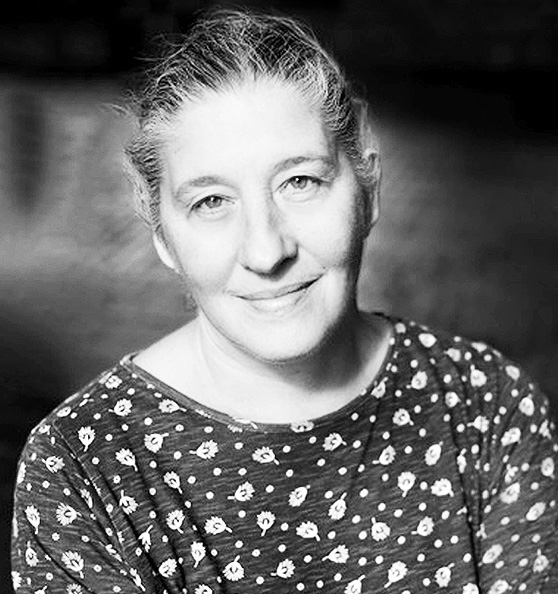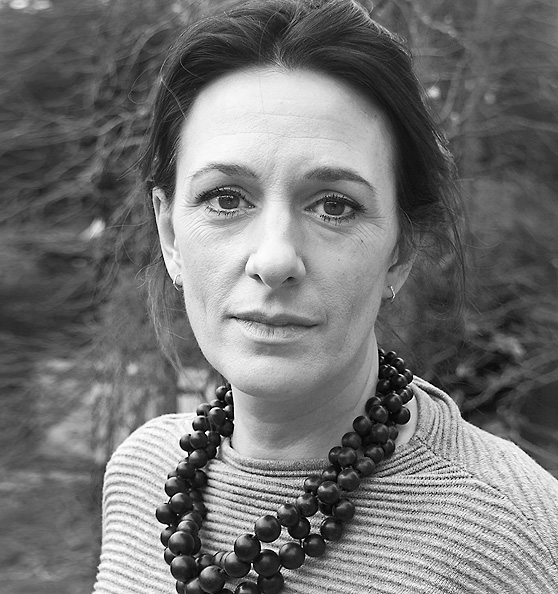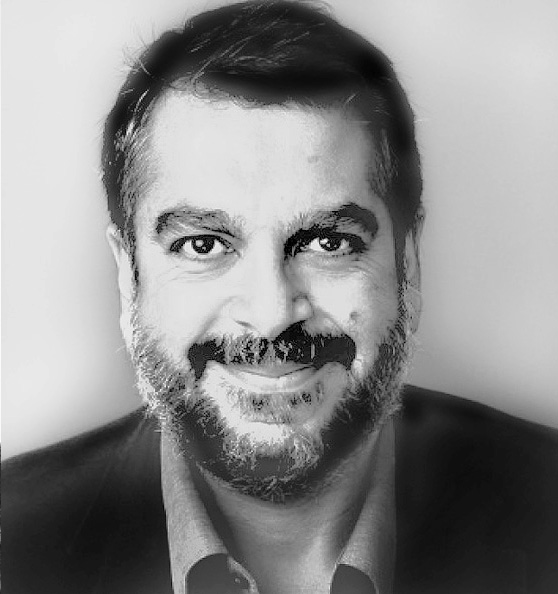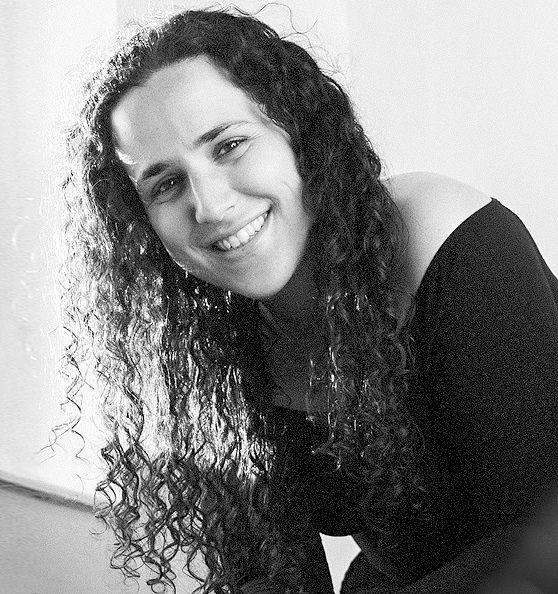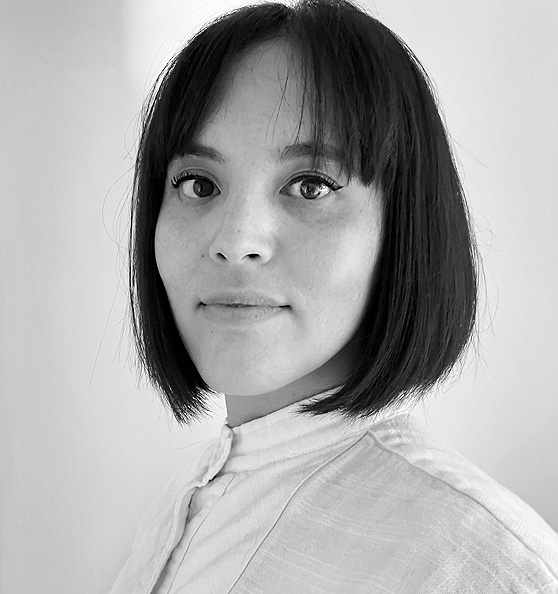What is Person-Centred Therapy?: The central tenet of person-centred therapy (also known as person-centred psychotherapy, person-centred counselling, client-centred therapy and Rogerian psychotherapy) is a humanistic psychotherapy approach to therapy that sees you as the expert in your own life, so that you perceive yourself consciously, and are capable of finding your own solutions and personal growth.
It was developed in the 1940s by psychologist Carl Rogers to diverge from ‘traditional’ therapy modalities in which the therapist was considered the expert. Person-centred psychology believes that individuals have an innate capacity and desire for personal growth, and sees the therapist and the client as partners in a journey of discovery.
How does person-centred therapy work?: Your therapist will act as a facilitator, working to understand your experience from your perspective, and being led by you and offering empathy, congruence (authenticity) and unconditional positive regard, with the ultimate aim of helping you to achieve ‘self-actualisation’ (the complete realization of one’s potential).
You will do most of the talking in person-centred counselling, with your therapist reflecting your feelings back to you, and for that reason, it may be more successful for clients who are already motivated. It is commonly used in group work as well as individual therapy, and it can help with a wide range of issues, including:















